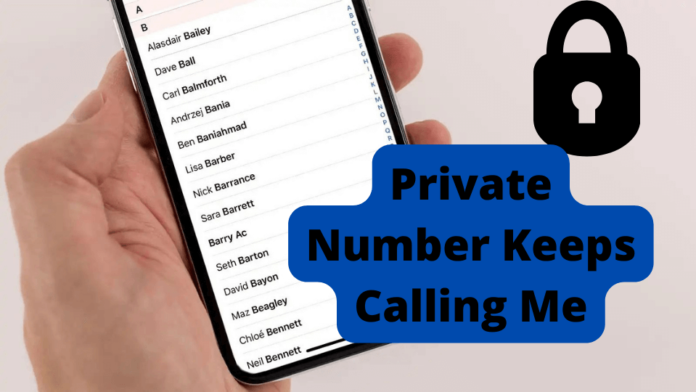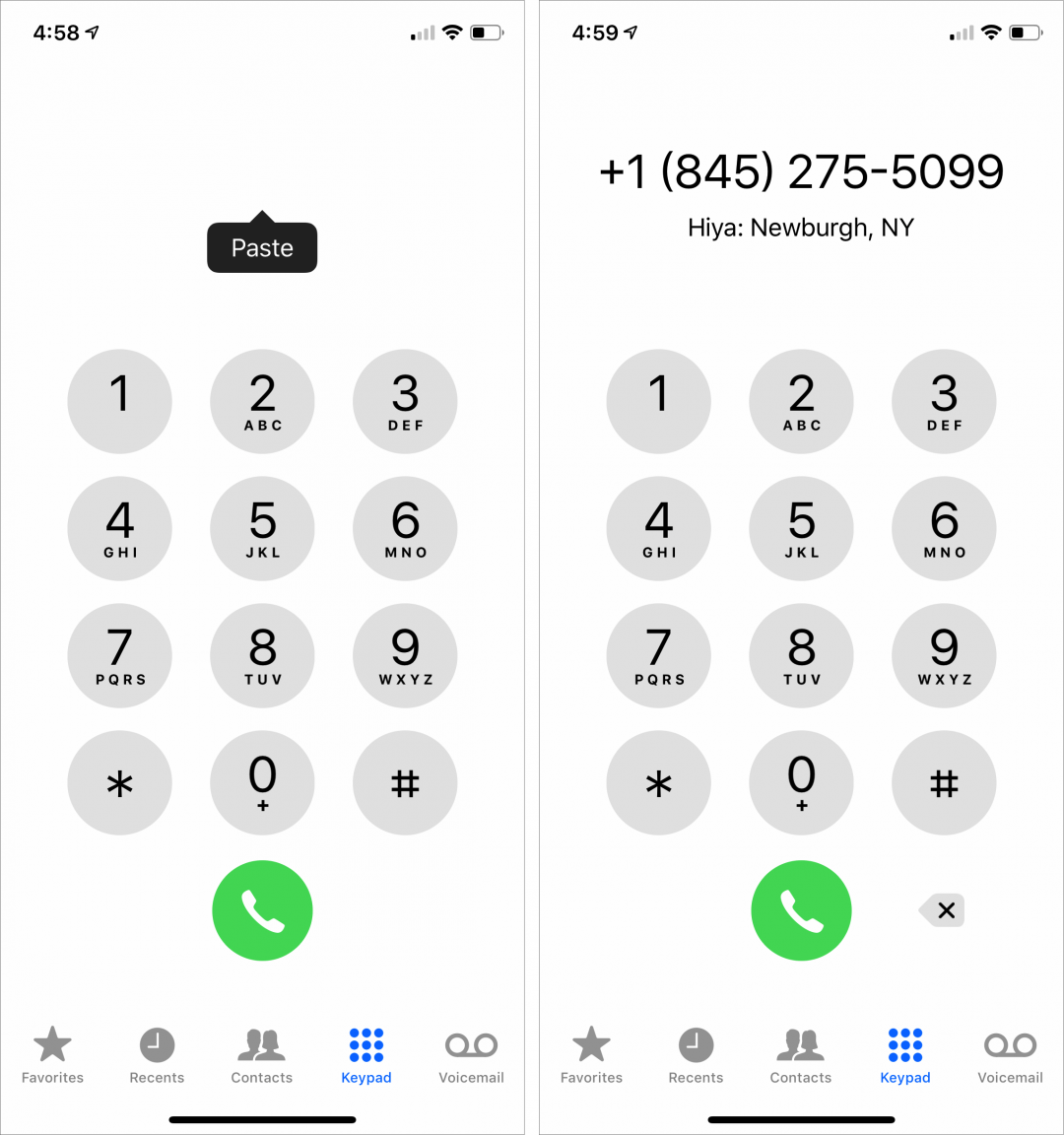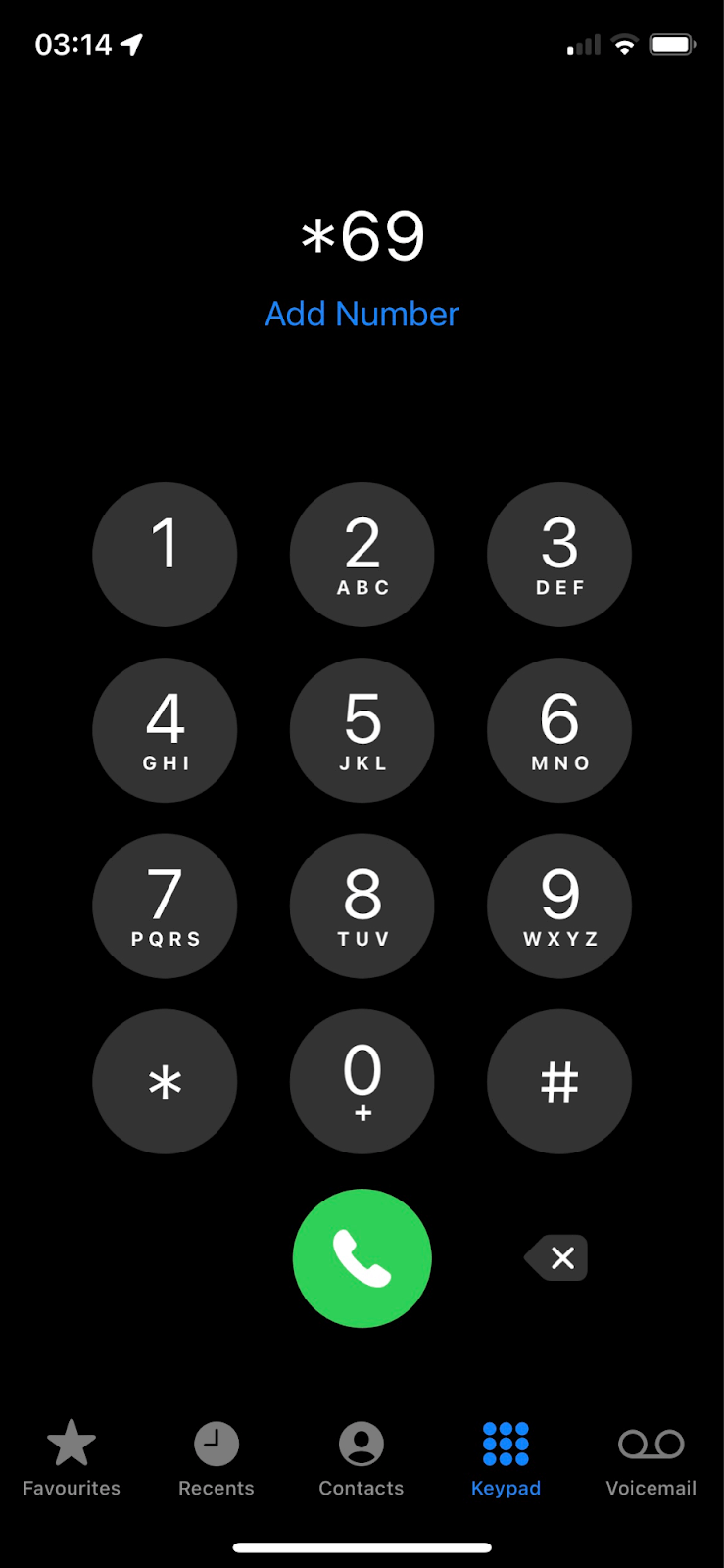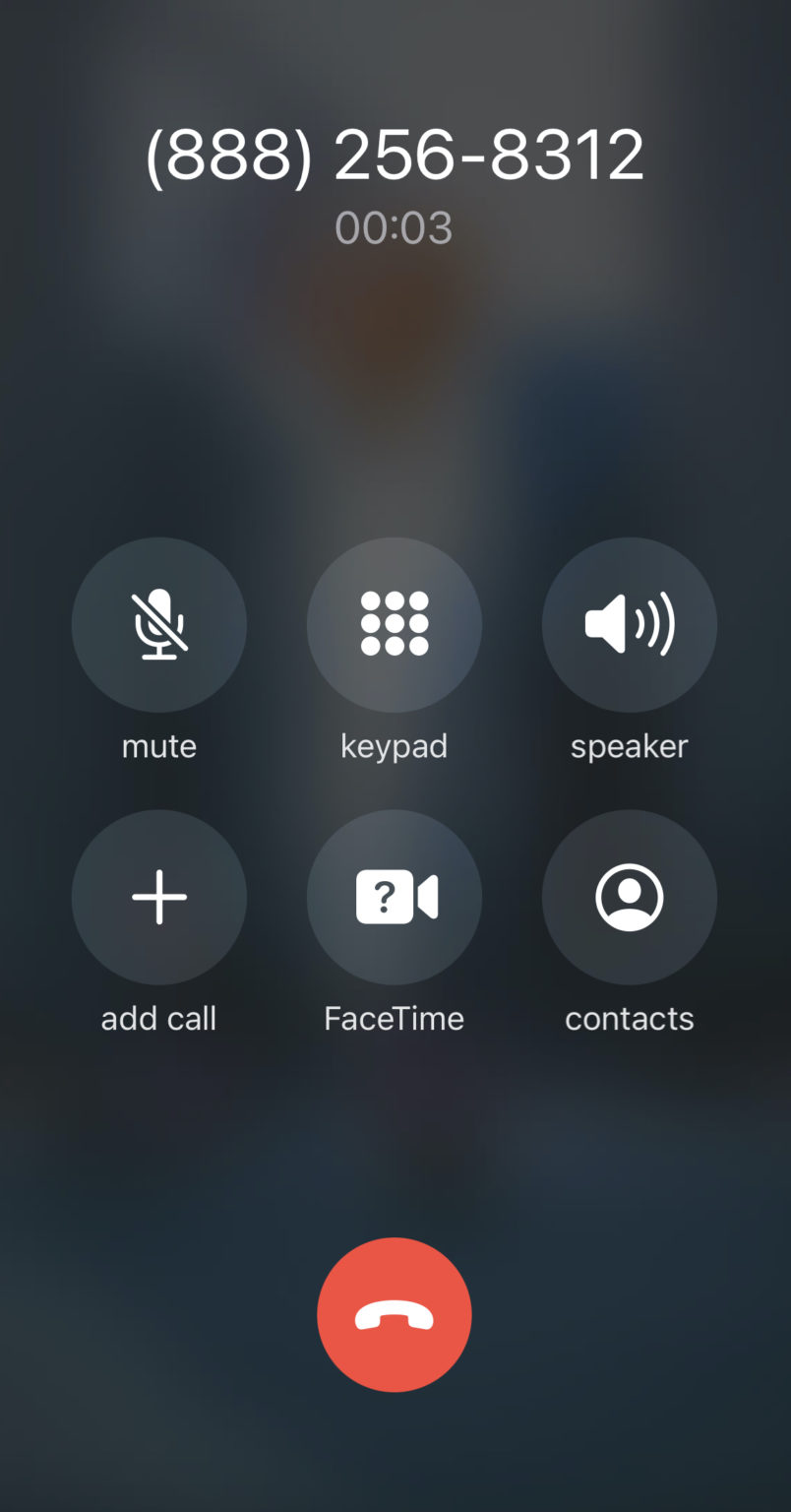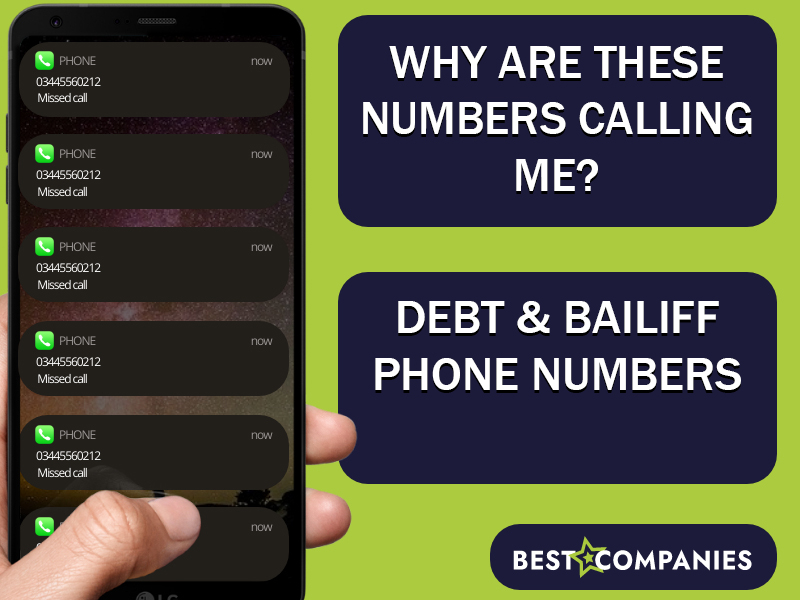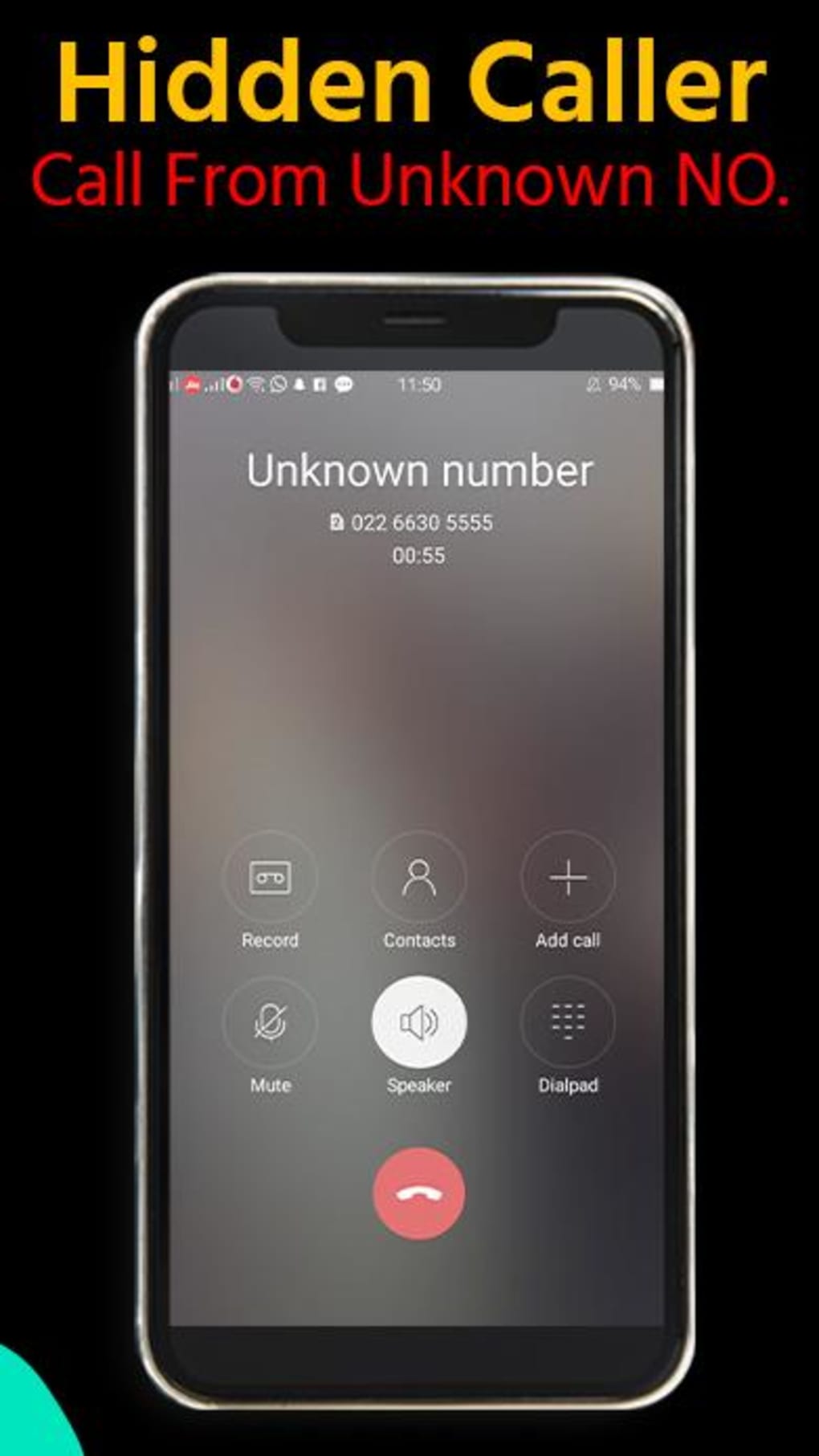Why Is A 202 Number Calling Me
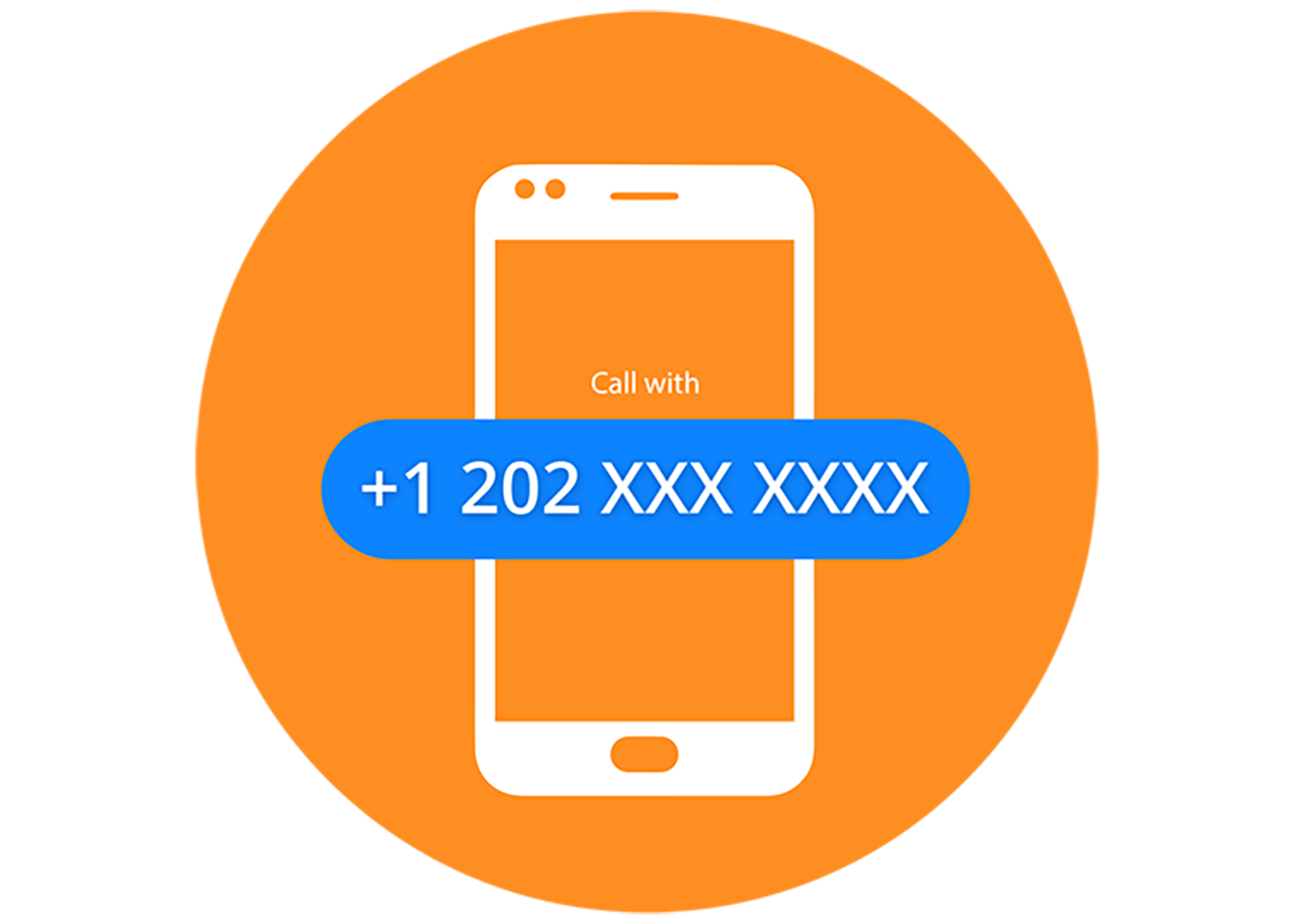
The phone rings, a jarring melody cutting through the quiet afternoon. You glance at the screen – a 202 area code. Washington, D.C. flashes in your mind, a place perhaps far removed from your daily life. Curiosity piqued, you might answer, or maybe let it go to voicemail, the unknown caller lingering in the back of your thoughts like a persistent question mark.
The persistent appearance of calls from the 202 area code, the calling code for Washington, D.C., has become a common source of annoyance and, for some, genuine concern. While legitimate calls do originate from the nation's capital, the 202 area code is also heavily exploited by scammers, political campaigns, and organizations using robocalling technologies. Understanding the reasons behind these calls and knowing how to differentiate between legitimate and malicious ones is crucial in protecting yourself from potential fraud and unwanted solicitations.
The Allure of the 202 Area Code
The 202 area code, inextricably linked with the seat of American power, carries an inherent air of authority and importance. It’s a symbol of government, policy, and influence. This perceived authority is precisely what makes it attractive to those seeking to gain your trust, whether legitimately or with malicious intent.
For legitimate organizations in D.C., using the 202 area code is a matter of branding and local presence. Think tanks, lobbying firms, government agencies, and even local businesses use it to project a sense of being part of the D.C. landscape. It’s a way to signal that they are connected to the power center of the United States.
The Rise of Robocalls and Spoofing
However, the anonymity afforded by modern technology has made it easy for scammers to hijack the 202 area code for their own nefarious purposes. Robocalling, the automated dialing of phone numbers, has become a rampant problem. It’s made significantly worse by the practice of spoofing.
Spoofing allows callers to deliberately falsify the information transmitted to your caller ID display, often masking their true location or identity. Scammers can easily make it appear as if they're calling from a legitimate 202 number, even if they are operating from overseas. This makes it incredibly difficult to trace the source of the calls and hold them accountable.
"Caller ID spoofing causes significant harm, enabling fraudulent schemes that target individuals and businesses across the country." - The Federal Communications Commission (FCC)
The FCC has actively tried to combat these practices, with initiatives aimed at making spoofing more difficult and enabling phone companies to block suspicious calls. However, the technological cat-and-mouse game continues, with scammers constantly finding new ways to circumvent these measures.
Identifying Legitimate vs. Scam Calls
So, how do you distinguish between a legitimate call from the 202 area code and a potential scam? It requires a combination of awareness and caution.
First, consider whether you have any existing relationship with an organization based in Washington, D.C. Have you recently contacted a government agency, donated to a political campaign, or signed up for a service that might involve them calling you? If not, the call warrants extra scrutiny.
Second, pay close attention to the nature of the call itself. Legitimate callers will typically identify themselves and the organization they represent. They will also be able to provide verifiable information if you ask. Scammers often use vague language, high-pressure tactics, and may request sensitive information like your Social Security number or bank account details.
Beware of robocalls that deliver pre-recorded messages. These calls are often used to promote products or services, conduct political surveys, or spread misinformation. While not all robocalls are scams, many of them are unsolicited and potentially fraudulent.
Practical Steps You Can Take
There are several practical steps you can take to protect yourself from unwanted calls from the 202 area code and beyond.
Register your phone number on the National Do Not Call Registry. While this won't stop all unwanted calls, it can significantly reduce the number of telemarketing calls you receive. Be aware, however, that scammers often ignore the registry.
Consider using call-blocking apps or services offered by your phone carrier. These apps can help identify and block known scam numbers, as well as filter out calls from numbers that are not in your contacts list.
Never provide personal information over the phone unless you initiated the call and are certain of the other party's identity. If you receive a suspicious call, hang up immediately and report it to the FCC or the Federal Trade Commission (FTC).
Finally, spread awareness among your friends and family, particularly those who may be more vulnerable to scams. Educating others about the tactics used by scammers can help them avoid becoming victims.
The Significance of the 202 Experience
The prevalence of unwanted calls from the 202 area code is more than just a minor annoyance. It’s a symptom of a larger problem: the erosion of trust in communication channels. As technology makes it easier for scammers to impersonate legitimate organizations and individuals, it becomes increasingly difficult to discern what’s real from what’s fake.
This erosion of trust has significant consequences for society as a whole. It undermines faith in institutions, makes it harder to conduct legitimate business, and creates an environment of fear and suspicion. Rebuilding trust in communication will require a multi-faceted approach, involving technological solutions, regulatory enforcement, and increased public awareness.
Moreover, the experience of receiving these unwanted calls serves as a reminder of the importance of critical thinking and digital literacy. In an age where information is readily available but not always reliable, it's essential to be able to evaluate sources, identify misinformation, and protect ourselves from online threats. The 202 area code, in a strange way, is a constant pop quiz on our ability to navigate the digital world safely and responsibly.
A Reflective Conclusion
The next time your phone displays that 202 area code, pause for a moment. Don't reflexively answer. Instead, take a breath, consider the context, and ask yourself: does this call seem legitimate? By approaching each unknown call with a healthy dose of skepticism and informed awareness, you can protect yourself from potential harm and contribute to a more trustworthy communication environment for everyone.
The battle against phone scams is an ongoing one, but by staying informed and taking proactive steps, you can empower yourself to take control of your phone and your personal information. And maybe, just maybe, help silence the incessant ringing of unwanted calls for good.



